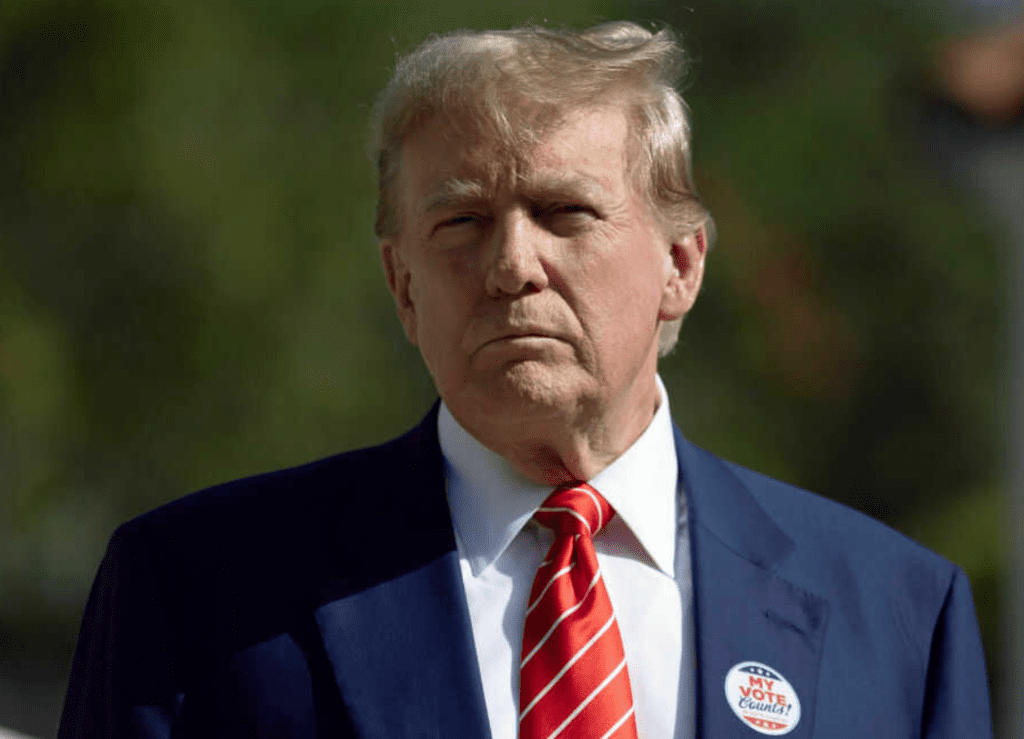Former US President Donald Trump has recently taken a significant legal step to protect his assets by posting a $175 million bond in his ongoing civil fraud case in New York.
This move effectively prevented state authorities from seizing his properties, which could have had severe ramifications for his business ventures.
The civil fraud case, initiated by New York Attorney General Letitia James, alleges that Trump inflated his net worth by billions of dollars to obtain more favorable loan and insurance terms.
In February, Trump was found liable for this fraudulent activity by Justice Arthur Engoron.
Originally facing the requirement of posting a $454 million bond, Trump’s legal team secured a temporary reprieve when an appeals court stayed the enforcement of Justice Engoron’s judgment, pending Trump’s payment of the reduced sum within 10 days.
The bond payment ensures that Trump’s properties, including iconic landmarks like Trump Tower, his sprawling Westchester resort, and the Mar-a-Lago estate in Florida, remain shielded from potential seizure by authorities.
Despite facing a barrage of legal challenges, including a criminal trial scheduled to commence in April, Trump continues to deny any wrongdoing.
He has labeled the civil fraud case as a politically motivated attack orchestrated by Letitia James, a Democrat who filed the lawsuit in 2022.
In Justice Engoron’s extensive 92-page order, he detailed Trump’s alleged directive to manipulate property values over a decade to fabricate his desired net worth.
This meticulous documentation forms the basis of the ongoing legal proceedings.
Trump’s legal battles extend beyond the civil fraud case, encompassing charges related to attempts to overturn the 2020 election results and allegations of mishandling classified documents upon leaving office.
Despite these legal entanglements, Trump maintains his plea of not guilty.
While the reduction in the bond amount may offer temporary relief, the ultimate resolution of Trump’s legal woes remains uncertain as the appeals court deliberates on the case’s merits.
